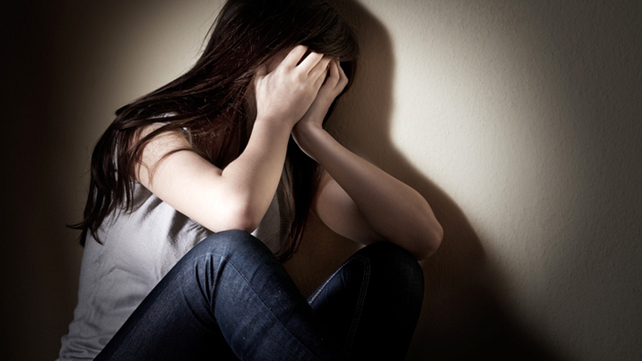Is It Sadness or Depression? Know When You Need Extra Help

Advertisement
Everyone
feels sad or blue occasionally, but some people feel down more often
than is healthy. While ordinary sadness passes with time, depression is
more serious and lasts longer. In fact, depression is a common and
treatable form of mental illness.
The
good news is, if you believe that you or someone you know may suffer
from depression, help is readily available. With the support of family
and friends, plus therapy or medication recommended by your doctor, it
is possible to overcome depression. But first, you must learn to
recognize the symptoms of depression and be aware of the resources
available for treatment.
How Is Depression Diagnosed?
According to the Mayo Clinic, depression often goes undiagnosed. However, if your doctor suspects you may have depression, a number of medical tests can help to confirm a diagnosis and rule out other conditions:
In order to diagnose you with depression, your healthcare provider will need to determine that you have certain symptoms that are described in a medical guide called the Diagnostic and Statistical Manual of Mental Disorders, or DSM. This manual is published by the American Psychiatric Association.
Depression has many symptoms. You may be suffering from depression if you have experienced at least five of these symptoms over the course of the last two weeks:
How Is Depression Diagnosed?
According to the Mayo Clinic, depression often goes undiagnosed. However, if your doctor suspects you may have depression, a number of medical tests can help to confirm a diagnosis and rule out other conditions:
- Questionnaire: During a routine medical visit, your doctor or primary care physician may ask you about how you've been feeling and what your mood has been like. You may be asked to take a short questionnaire. This will help your doctor identify your symptoms.
- Physical exam: Your doctor may want you to have a physical exam to provide information about your heart rate, blood pressure, and other vital signs.
- Lab tests: A blood test called a "complete blood count" and a thyroid test can help rule out other conditions. Certain health conditions, such as thyroid problems, may cause symptoms similar to depression.
- Psychological tests. Your doctor may want to refer you to a psychologist or other mental health provider, who can administer a more detailed psychological evaluation. This evaluation can help assess your feelings, thoughts, and patterns of behavior that may indicate depression.
In order to diagnose you with depression, your healthcare provider will need to determine that you have certain symptoms that are described in a medical guide called the Diagnostic and Statistical Manual of Mental Disorders, or DSM. This manual is published by the American Psychiatric Association.
Depression has many symptoms. You may be suffering from depression if you have experienced at least five of these symptoms over the course of the last two weeks:
- Feeling decreased enjoyment or no pleasure in your daily activities throughout the day, most days of the week
- Feeling a depressed mood (sad or tearful) throughout the day, most days of the week
- Sleeping problems: either trouble sleeping or an increased desire to sleep on most days
- Fatigue or decreased energy on most days
- Observable restlessness or slowed behavior
- Weight or appetite changes: weight loss without dieting, weight gain, or a change in appetite on most days
- Feelings of excessive guilt or worthlessness on most days
- Indecisiveness or difficulty concentrating on most days
- Recurring thoughts of suicide or attempting suicide
A
diagnosis of depression is usually only made if one of your symptoms is
a depressed mood, a loss of interest, or loss of the ability to
experience pleasure.
Put It in Practice: Take a Step Toward Health and Happiness
When you learn the difference between depression and everyday blues, you'll be better equipped to decide whether you might need help. There's no need to suffer in silence. There are many effective forms of treatment for depression. Often a combination of psychotherapy and medication can help you start to feel better within a few weeks. If you think you may be experiencing depression, don't delay: Talk to your doctor, psychologist, or other mental health counselor. Your healthcare provider can help you determine whether you have depression and possible treatment options.
Put It in Practice: Take a Step Toward Health and Happiness
When you learn the difference between depression and everyday blues, you'll be better equipped to decide whether you might need help. There's no need to suffer in silence. There are many effective forms of treatment for depression. Often a combination of psychotherapy and medication can help you start to feel better within a few weeks. If you think you may be experiencing depression, don't delay: Talk to your doctor, psychologist, or other mental health counselor. Your healthcare provider can help you determine whether you have depression and possible treatment options.








